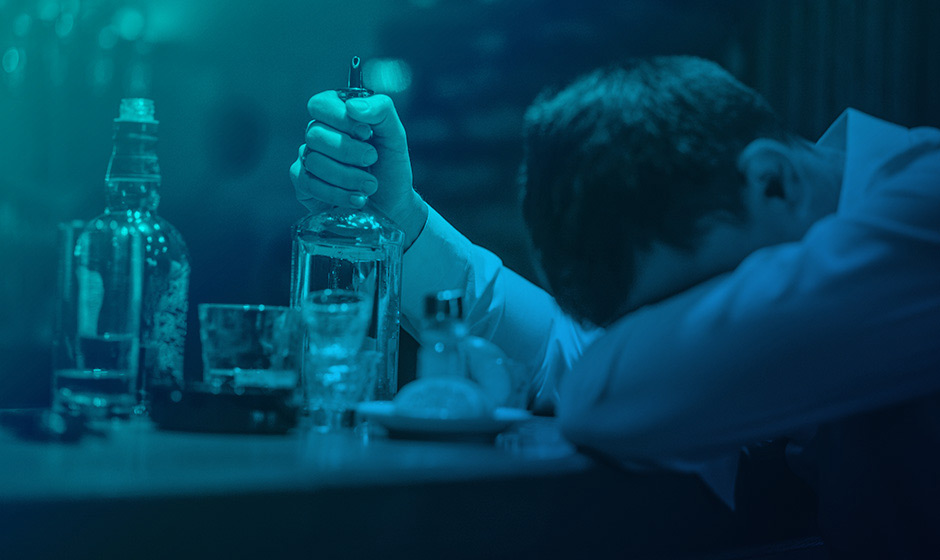What are the Dram Shop Laws in Georgia?
Drunk driving is a continuous problem. The National Highway Traffic Safety Administration (NHSTA) says that more than 10,000 people lose their lives each year due to drunk driving crashes. That comes to around 30 people each day. During the latest reporting year in Georgia, there were 368 alcohol-related traffic fatalities. That accounted for nearly 24% of all traffic fatalities that year.

Georgia has placed significance on personal responsibility when it comes to determining who is liable to injuries and damages in a drunk driving crash. That is, the person who chose to drink and drive historically got the blame. However, Georgia also has a Dram Shop Law that allows an injured person to seek compensation from both the person who was intoxicated as well as a third-party who provided the alcohol.
What is Georgia’s Dram Shop Law?
The Dram Shop Law is allowed under Georgia Code section 51-1-40 and allows for third-party vendors to be held responsible in a drunk driving accident under two scenarios:
- A person under the age of 21 was served any amount of alcohol.
- A person over the age of 21 who is visibly intoxicated is served more alcohol.
Proving the second part is not always easy, and there are three elements that need to be present. These include:
- The person serving knowingly provided alcoholic beverages to a person who showed signs of intoxication.
- The person serving knew that the intoxicated person would be operating a vehicle.
- The alcohol consumption must have been the proximate cause or the action most closely related to the injury or accident.
Who can be held liable?
It is important to understand who can be held liable under Georgia’s Dram Shop Law. Anyone working in a commercial establishment which sells alcohol to someone who is under 21 or is visibly intoxicated could be held liable:
- Bartenders
- Restaurant servers
- Convenience store clerk
The law also expands to non-commercial activity. This can include:
- Those who serve alcohol at their private residence
- “Social hosts” such as parties at a home, hotel, wedding, graduation, etc.
The same three elements listed above must also be present when determining the liability of a private residence or “social host.” Much of the liability in these cases will revolve around what it means to be “visibly intoxicated.” Signs that a person is visibly intoxicated include slurred speech, trouble walking, or bloodshot eyes.
Visible intoxication does not have to be present when we are talking about a minor. All commercial establishments should ID everyone suspected of being too young to drink. Serving any amount of alcohol to a minor could make a person liable if that minor then causes injuries or damages in a car accident regardless of their blood alcohol content (BAC) at the time of the crash. Parents could also be held liable for leaving their children unattended with alcohol if the child drinks and drives or serves the alcohol to friends who then drink and drive.
What type of damages could someone be held liable for?
A person or business held liable under the Georgia Dram Shop Law could be on the line for a range of economic and non-economic damages, including:
- Coverage of medical expenses
- Recovery of lost wages if you are unable to work
- Pain and suffering damages
- Loss of enjoyment of life damages
- Punitive damages against the negligent party